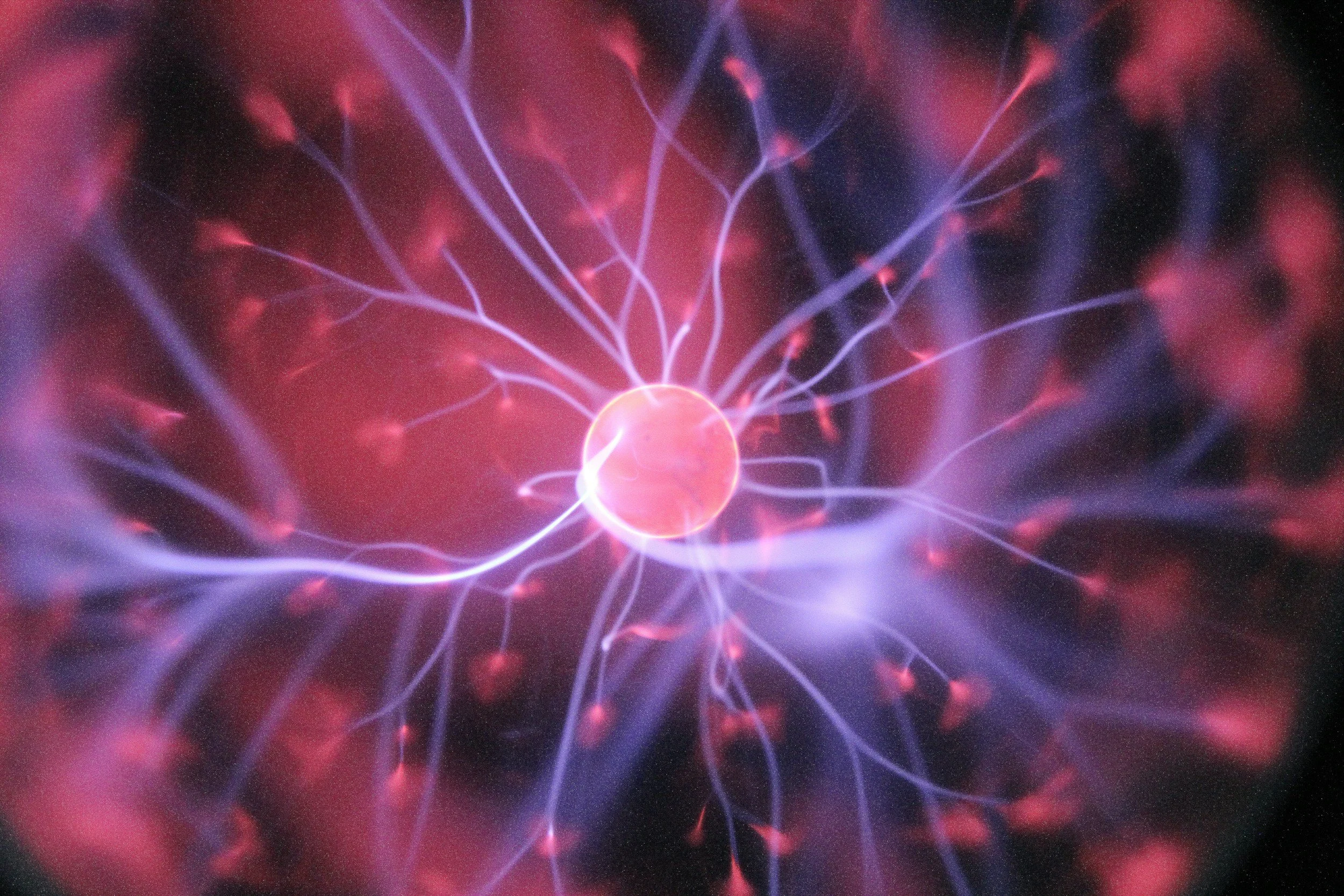How does interoception impact hunger and thirst?
What is Interoception?
Interoception refers to the sense that allows individuals to perceive and understand the internal state of our own bodies. It is the ability to sense and interpret internal signals, such as hunger, thirst, heartbeat, breathing rate, body temperature, pain, and other bodily sensations. Essentially, it is the awareness of the physiological and emotional processes happening within oneself.
Interoception challenges
Neurodivergent folk may experience challenges with interoception due to varied sensory processing. Our unique neurological wiring can affect the recognition of internal cues, making it harder to sense hunger, fullness and thirst. This can impact neurodivergent children and adults in many ways.
Lets talk about how this impacts hunger and thirst
Typically we are taught that hunger presents as a grumbling tummy and thirst presents as a dry mouth but for many Neurodivergent folk that struggle with interoception, this may not be true.
You or your child may not sense when hungry or thirsty and this may lead to dehydration, low blood sugar levels, a dysregulated nervous system, headaches, nausea, meltdowns etc.
Some of the ways neurodivergent folk may feel hunger
Headache, feeling shaky or light headed
Stomach pains/growling
Feeling grumpy or Hangry
Difficulty concentrating
Thinking about food
Nausea
Some of the ways neurodivergent folk may feel thirst
Headache
Dry mouth
Feeling hungry
Fatigue
Feeling hot or sweaty
Muscle cramps
Dizziness
How to help someone with low interoceptive awareness
You can use gentle reminders, and visual aids to help remember to eat and drink. This might look like using alarms, little pictures hung around the house or simply keeping food at sight level.
As parents it is NOT our job to teach our children how to “feel in their bodies” or how to feel hunger/fullness or thirst. Everyone feels things differently and their perception of hunger may be completely different to yours. This is because as human beings we can feel things very individually.
It is our job to validate and create space for our children so they can process and understand their own experiences.
I will give you a few examples below of what I mean when I say it’s not our job to teach our children how to “feel in their bodies” and how this relates to food.
As mentioned above typically we are taught that hunger feels like a grumbling tummy but for many neurodivergent folk that may not be the case. Be open to exploring hunger as different feelings in the body, don’t assume or tell your child that a grumbling tummy is the only way to feel hunger.
If your child says they are still hungry, even after eating a big bowl of food, believe them. Just because you think they have eaten “enough” doesn’t mean they do or have. By telling them that they are full, this teaches them not to trust their own body signals.
When your child says to you, I am hungry, full, thirsty etc, ask them, what does that feel like in your body? Trust me you will be surprised by the answers you get.
Written by Margo White, your Melbourne-based neurodiversity affirming clinical nutritionist and ND advocate. If you’d like to book a consultation with me, schedule an appointment below.
Reference
https://www.kelly-mahler.com/what-is-interoception/
https://www.ncbi.nlm.nih.gov/pmc/articles/PMC10160651/
This article is intended as general advice only and does not replace medical advice. It is recommended that you seek personalised advice specific to your individual needs.


